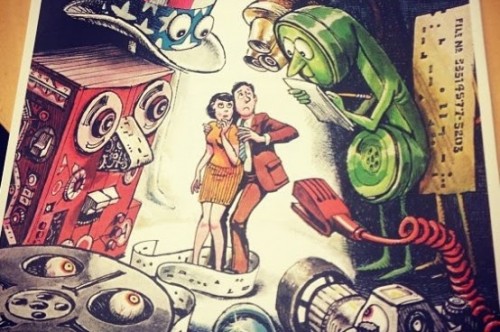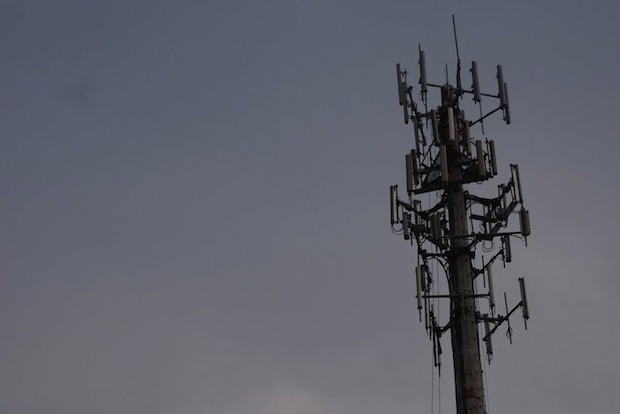Note: This article touches on slut shaming, body shaming, homophobia, and ableism.

I love swearing. It’s a weekly miracle that my essays don’t include “totally fucked” or “fucked up and bullshit” in every paragraph. If I were reborn as a linguist, I would study swearing and cursing. I watch documentaries about cursing, I play a lot of Cards Against Humanity, and this interview with Melissa Mohr, the author of Holy Shit: A Brief History of Swearing is my favorite episode of Slate’s just-nerdy-enough podcast Lexicon Valley. If you’ve been in the audience when I give a presentation, you probably (despite my efforts to the contrary) heard me swear five or six times. I would hate to live in a world without swearing because it would be fucking dull. Unfortunately, my (and most English-speaking people) love of swearing comes into direct contradiction with inclusionary social politics. I need a new arsenal of swear words that punch up and tear down destructive stereotypes. Every time I swear, I want to be totally confident that I’m offending the right people. more...









